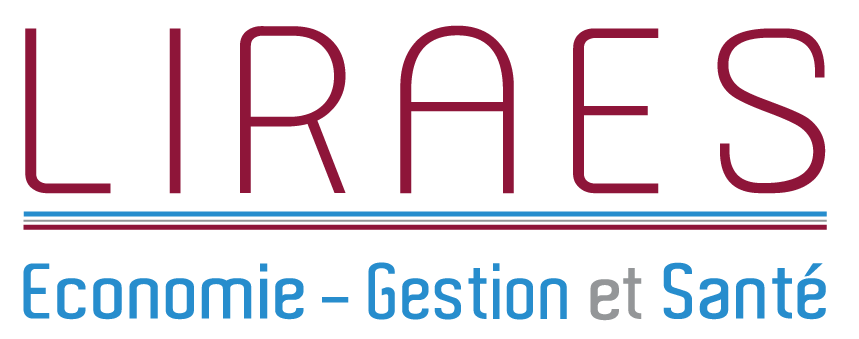Résumé
Il s’agit d’une analyse théorique de l’implication des biais de projection pour la régulation des frais de résiliation.
Empirical evidence shows that consumers are often subject to a projection bias, such as they exaggerate the degree to which their future tastes will resemble their current ones. Such biases are particularly acute when consumers commit to a long-term contract. This paper aims at assessing the consequences of projection bias and at defining when a legal intervention is relevant. In this perspective, we compare the situation of naive and sophisticated agents, both with and without regulation regarding contract duration and early termination fees. The demand side of the market consists either of sophisticated agents, who perfectly anticipate their future willingness to pay (WTP); or of naive consumers, who exhibita projection bias. The supply side is a monopoly offering long- and short- term contracts. Our main contribution consists in showing that naive consumers are not always worse off than sophisticated agents. The key parameter is how willingness to pay varies over time. If consumers have an increasing WTP for a given service or product, naive agents can actually be better off than sophist icated ones. We argue that naivete protects consumers against a price increase. However, naivete also leads to less exchanges on the market, thus generating a deadweight loss. Hence, the overall effect of naivete on social welfare is ambiguous. As far as public policy is concerned, we conclude that regulating contract duration is only relevant in some circumstances, depending on the market characteristics and on the bias.
Mots clefs
Behavioral law and economics, Consumer policy, Contract duration, Early termination fee, Projection bias.
